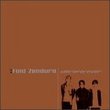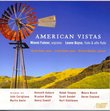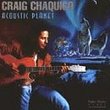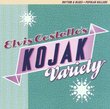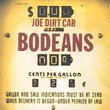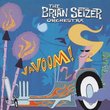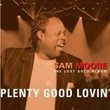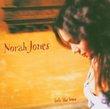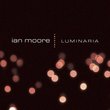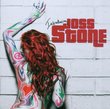| All Artists: Big Joe Williams Title: Meet Me Around the Corner Members Wishing: 0 Total Copies: 0 Label: Past Perfect Release Date: 11/27/2002 Album Type: Import Genres: Jazz, Pop, R&B Style: Number of Discs: 1 SwapaCD Credits: 1 Other Editions: Meet Me Around the Corner UPC: 4011222057525 |
Search - Big Joe Williams :: Meet Me Around the Corner
CD DetailsSimilar CDs
Similarly Requested CDs
|
CD ReviewsRural/Urban Blues Master M. Allen Greenbaum | California | 03/22/2005 (5 out of 5 stars) "Big Joe Williams gets more sounds out of his guitar than others, only in part because he used more strings (nine). He uses the guitar as a percussive instrument , slapping it and hitting dampened strings. He strikes the strings hard--if this were electrified it would sound like funk. His riffs are tremendous, varying between rhythm and quick riffs, using tremendous bends, slides, and pop-offs, easily crossing between highs and low notes, chords and single notes. He can make the guitar sound like a drum, a bass, a ukulele, and a banjo.
The tracks are evenly recorded between pre- and post-1940's recording dates, including 7 from 1935, 4 from 1937, 7 from 1941, and 3 from New York. Except for 4 cuts from Aurora, all were recorded in Chicago; and the recording quality is uniformly excellent. Although Williams is in the tradition of the great Delta blues men, a few of his early numbers have the sound and attack of the later Chicago blues (e.g., "49 Highway Blues"). Williams moved to Chicago in the early forties, where he played with Sonny Boy Williamson (backing up very tastily on nine of the 21 tracks here), Robert Nighthawk, and, according to the liner notes, appeared a few times with Muddy Waters. Williams' vocals also transcend style, he can sound pinched and slurry on the country blues numbers (e.g., a version of "Baby Please Don't Go," 1935, accompanied by one-string-fiddle and washboard!), but strong and upfront on the more "urban" sounding tracks ("Brother James," 1937; most of the songs from 1941 and 1945). Many, though not all, of the 1940's songs are more assertive and direct than the 1935 and 1937 dates, with stronger vocals and bass. Still, it works both ways; Williams' 1941 recording of `Please Don't Go" retains its rural flavor . `Please Don't Go,' along features more superb harmonica by the great Sonny Boy Williamson, regarded by some as the greatest of all harpists. However, don't buy this CD if your primary objective is to hear Williamson, he's more in the background on some of the other songs. The CD features over an hour of superb music by an amazingly talented musician, and the recording quality is excellent throughout. With brief liner notes, and a list of songs, recording dates, and personnel." |



